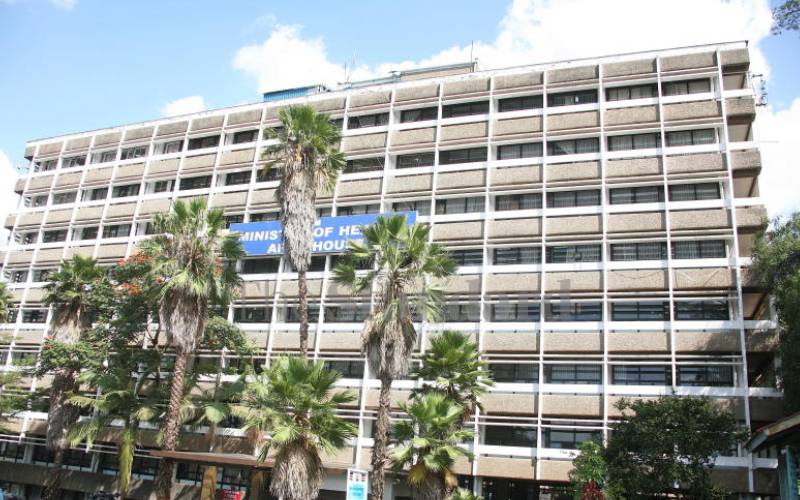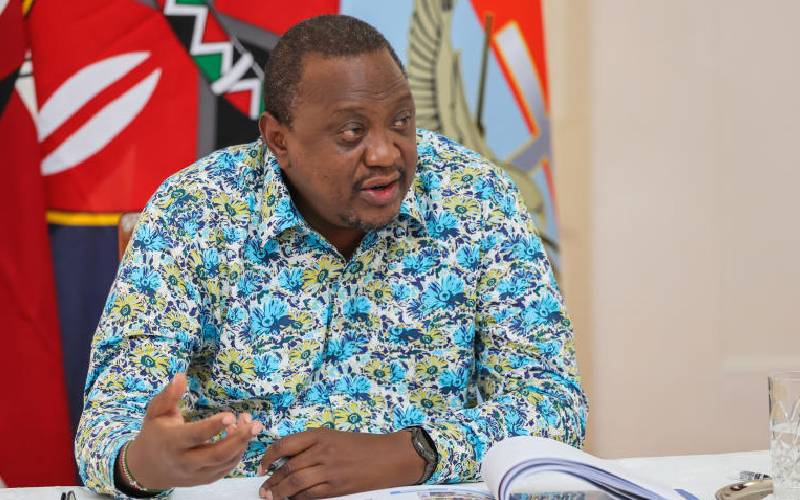How Annette Okumu missed out on the Sh10 billion cash transfer programme meant to cushion the vulnerable from the economic effects of the Covid-19 pandemic is a puzzle she is yet to unravel. Despite enrolling for the programme through the Nyumba Kumi initiative in Kibra, Nairobi County, not a cent made her phone chime.
“There are those who got Sh1,000 monthly, others weekly but just for three months and some like me did not get a cent even after enrolling,” she said.
Okumu’s case is what informed Human Rights Watch (HRW) call to the State to make public the list of beneficiaries of the Sh10 billion for scrutiny.
HRW also urged the office of the Auditor-General to undertake a forensic audit of the entire process of the government’s cash transfer programme and make the findings public.
The HRW, through a report titled “We are all vulnerable here” details irregularities and discrepancies between those meant to receive the funds and the ones who eventually received them.
The report launched yesterday named politicians, chiefs, and people placed in ‘high offices’ among those involved in shortchanging needy Kenyans.
Testimonies from chiefs, as presented by HRW East Africa Director Otsieno Namwaya, revealed they received directives from county commissioners limiting the number of persons who should be selected for the programme in their locality.
“One chief told us how he was asked to select only 200 people whereas the number was supposed to be 350, leaving the 150 slots open,” said Namwaya. “And out of the 200, only 100 received. Out of the 100, only 10 received their portions weekly while the rest was scattered.”
Emily Wangare, who was involved in enrolling households in the programme in Mathare, said some of the individuals that she enrolled in the programme did not benefit. She was deployed by the government to enrol those to benefit.
![]()

One such family is of a man recovering from cancer, whose wife could not work due to a broken arm.
“To our frustration, most of the vulnerable did not get money. The community did not understand why family X gets the money but not family Y,” she said. “We thought they (State) would come back and identify the vulnerable.”
Namwaya noted as documented in the report, that while the exercise of collecting names in the grassroots was transparent, some people were replaced once the list reached the (deputy) county commissioners’ office.
“When the list left the chief to the deputy county commissioner office, names were dropped. We also found evidence that there are politicians who included their supporters, even those who did not deserve,” he said.
The cash transfer programme was unveiled by President Uhuru Kenyatta in May 2020. The money was targeted to benefit 332,000 in the informal settlements. The programme was to counter the lockdown and stay at home measures imposed by the government to mitigate the spread of Covid-19.
While these informal settlements are primarily in urban centres, Namwaya observes cases where some individuals from as far as Busia, and Kisii were receiving the cash through their connections with individuals in high offices.

The cash transfers were short-lived and lacked even basic transparency. “They provided no clarity on who was eligible and how the beneficiaries were identified or why thousands of households who met the approved criteria were excluded,” reads the report.
The report documents that the State failed to communicate to potential beneficiaries of the programme, which saw some miss on the list since they were not aware of its existence.
“A chief of one of the medium-sized informal settlements complained that ‘at least 25,000 out of the 40,000 households in his area were in serious need of support. But he was allocated only 350 slots.”
Testimonials for the report were collected between September 2020 and January 2021 in Nairobi informal settlements of Mukuru Kayaba, Mukuru Kwa Rueben, Kibra, Kawangware, Dandora, Korogocho and Kariobangi.
Other areas are Mathare, Mugomoini, Kayole, Soweto-Kayole and Mukuru Kwa Njenga. HRW has also criticised the programme for not doing a needs assessment before arriving at Sh1,000 weekly disbursement.
“Kenya has no system of social security to pay income to those who lose jobs and although the government stated this as one of their objectives of its Covid-19 cash transfer programme, the outlined criteria did not include job loss as one of the factors,” reads the report.
Credit: Source link